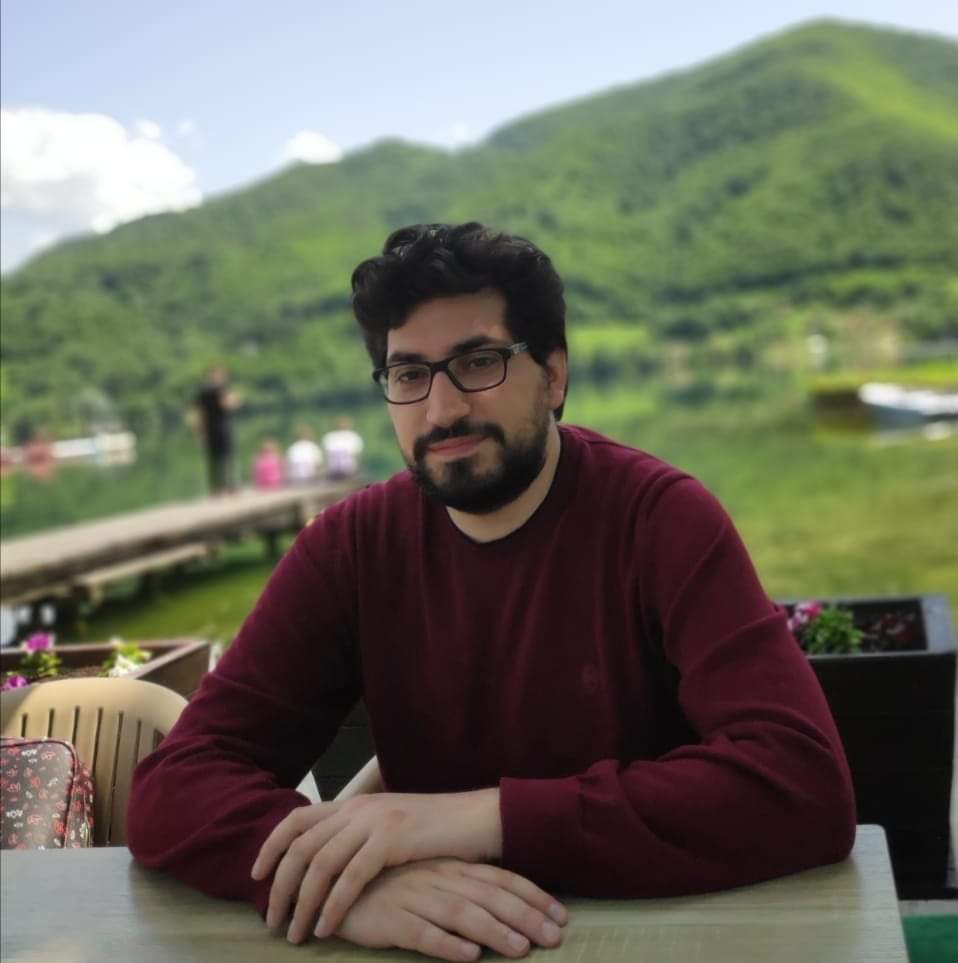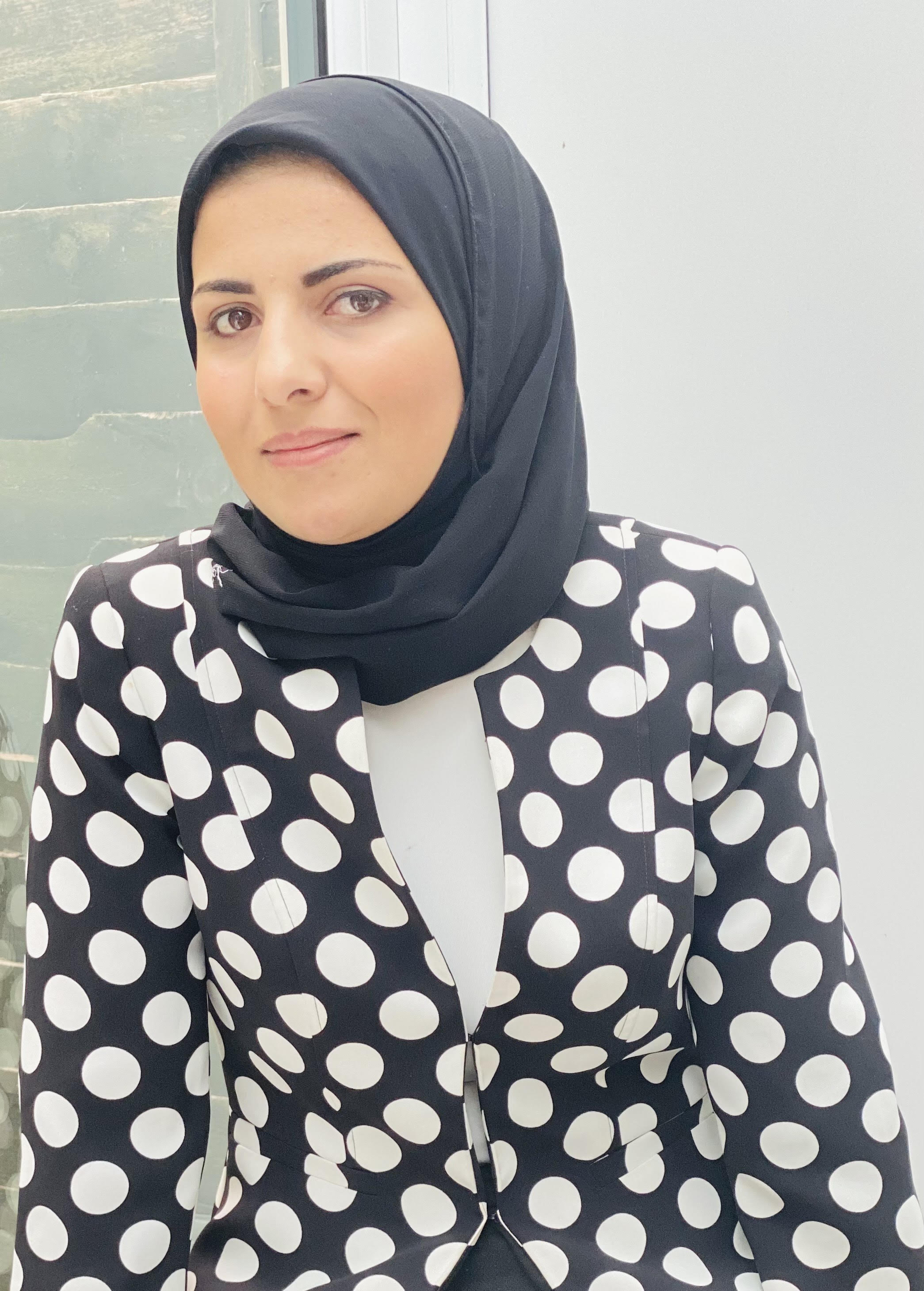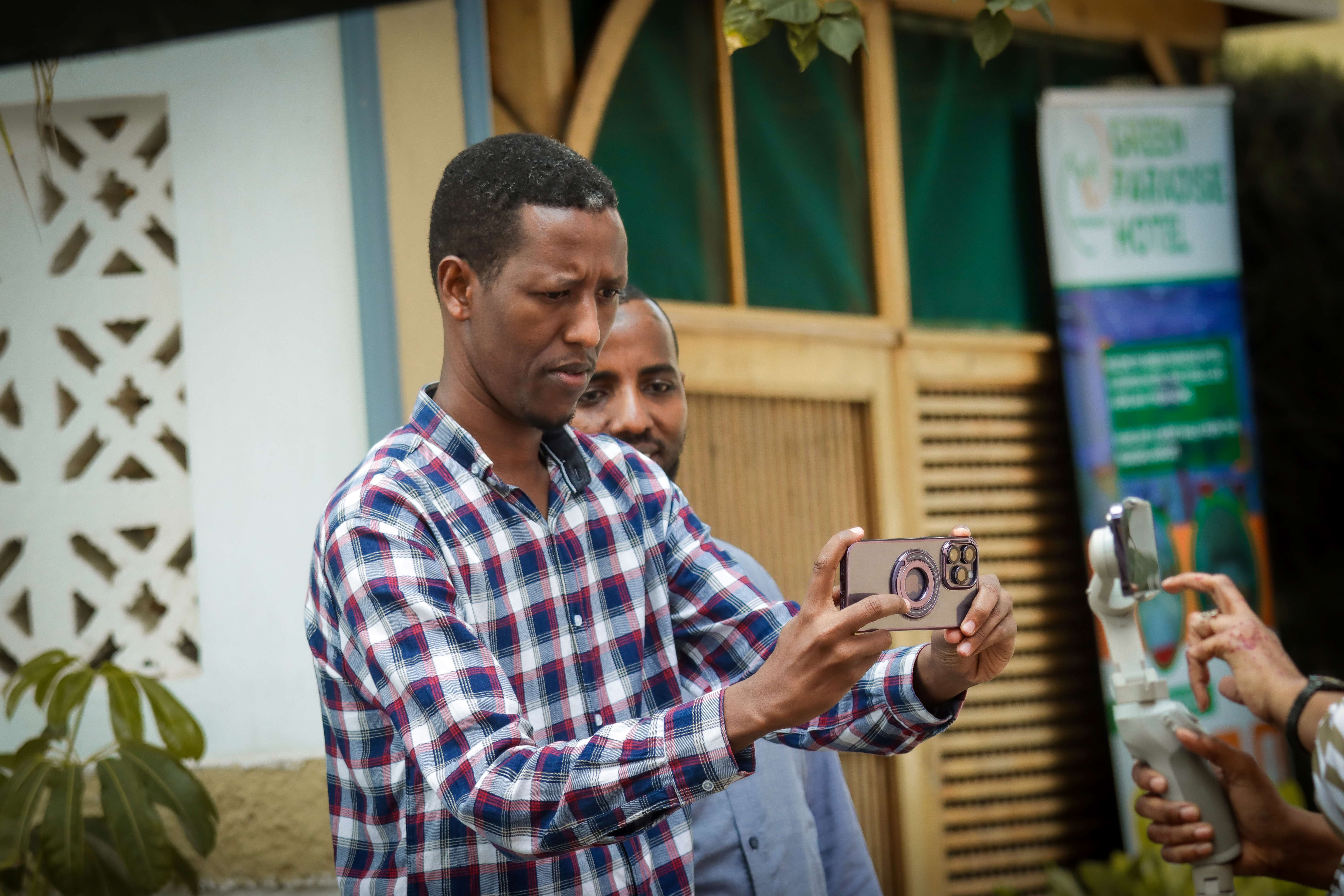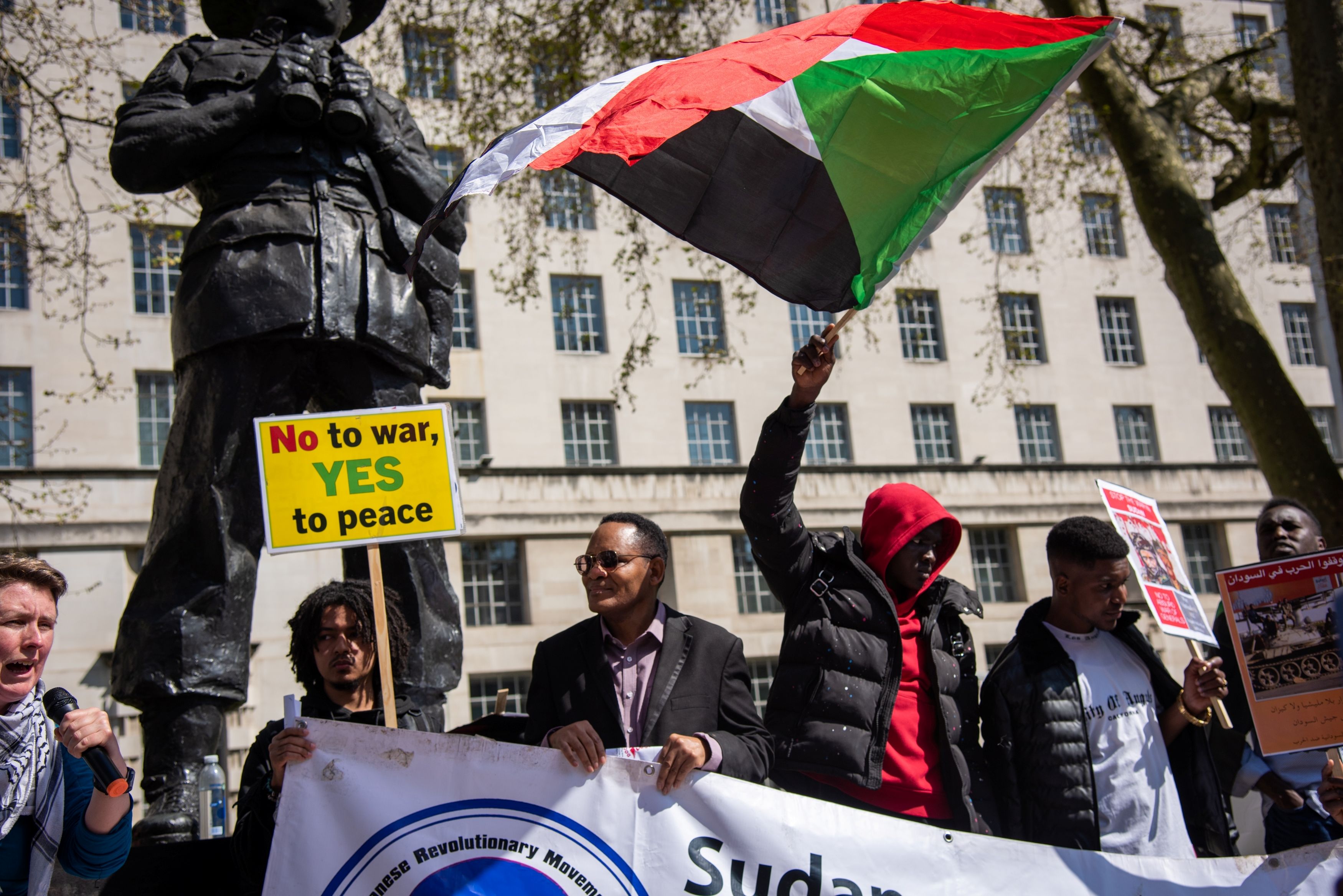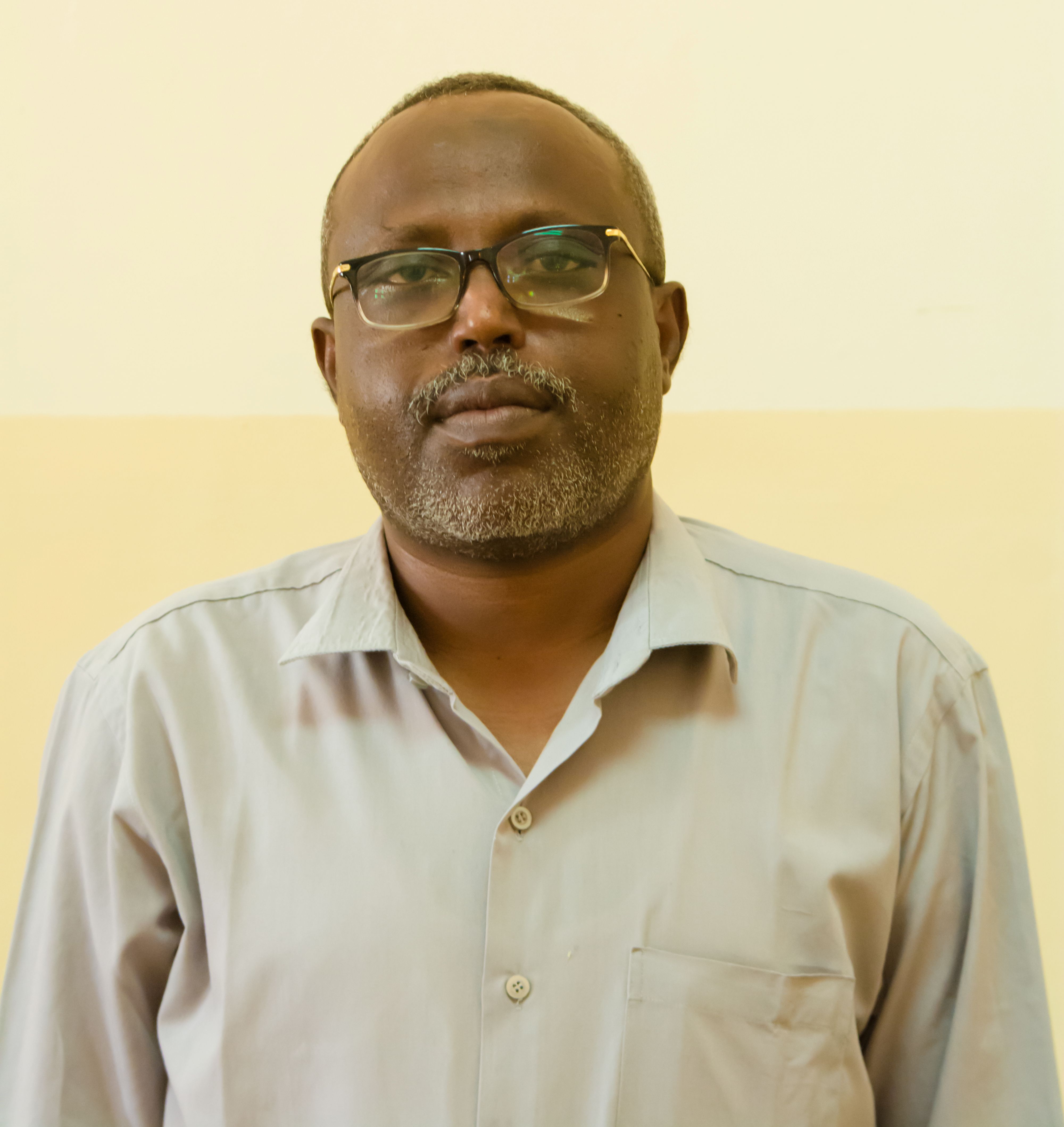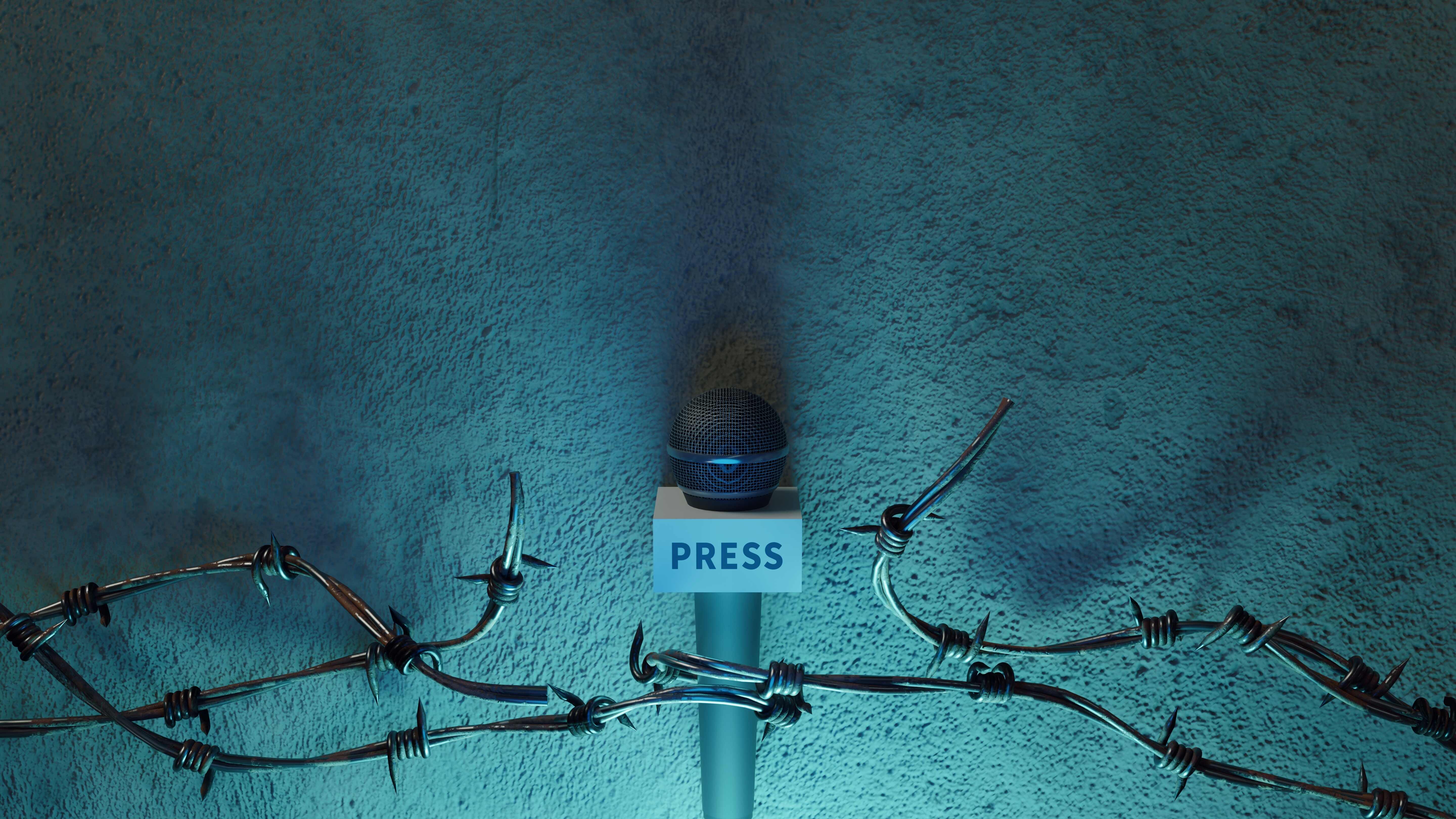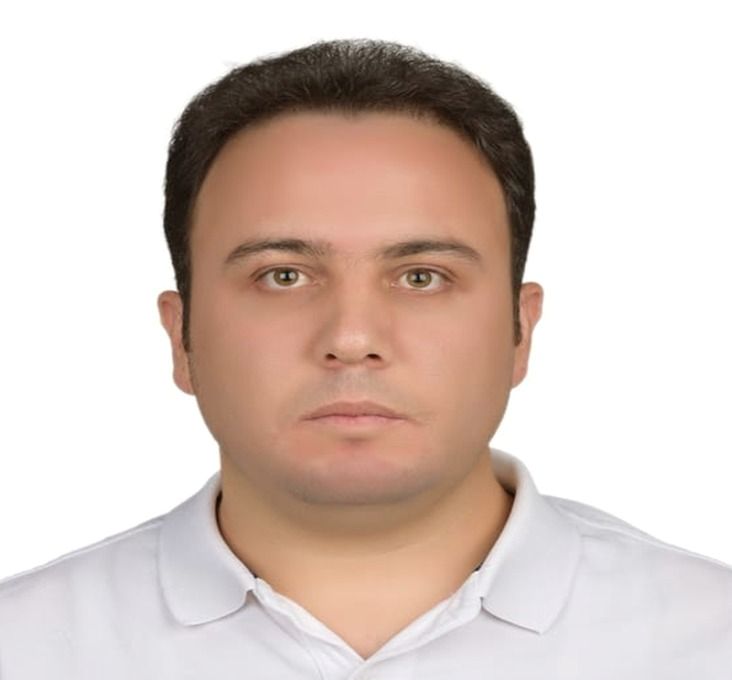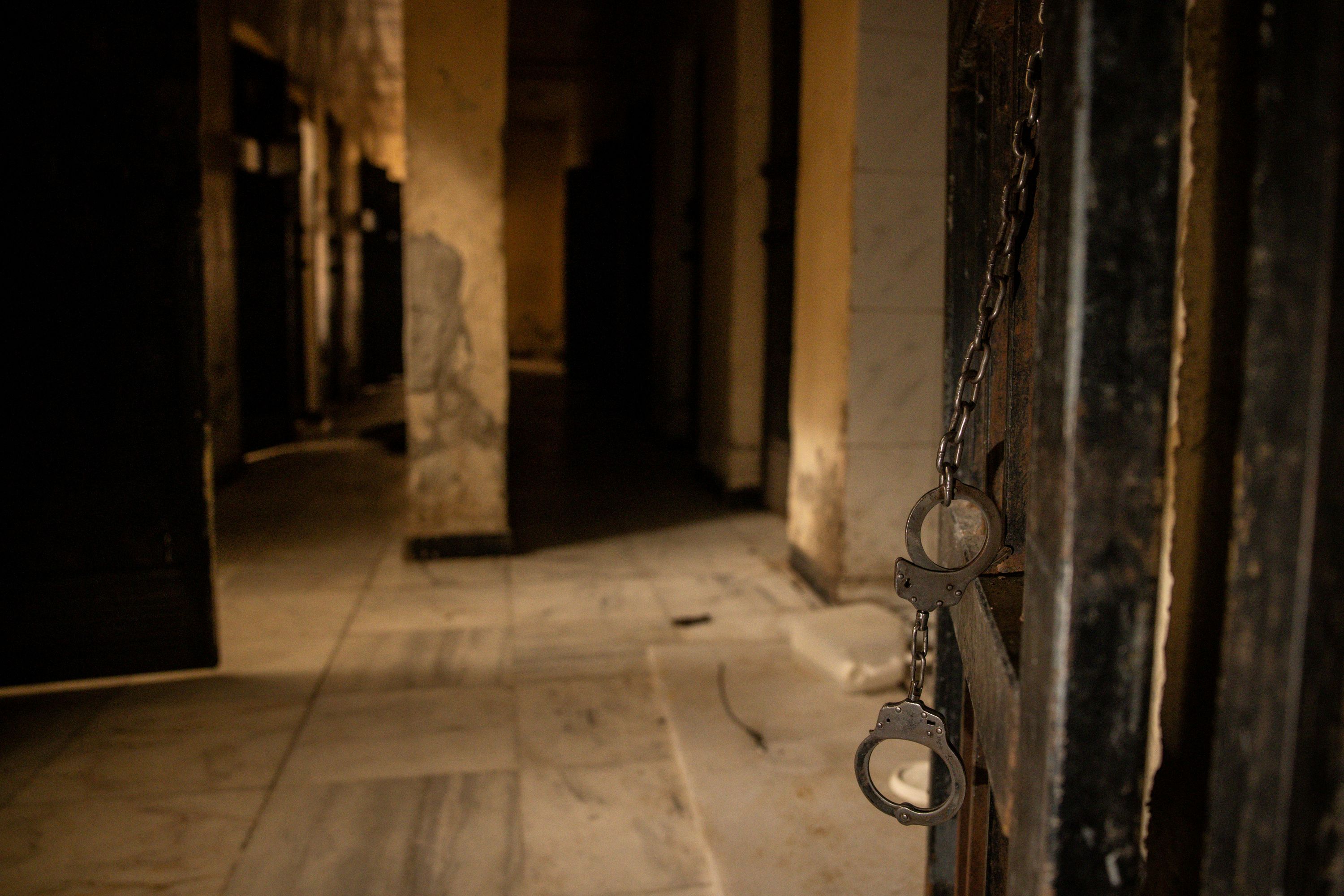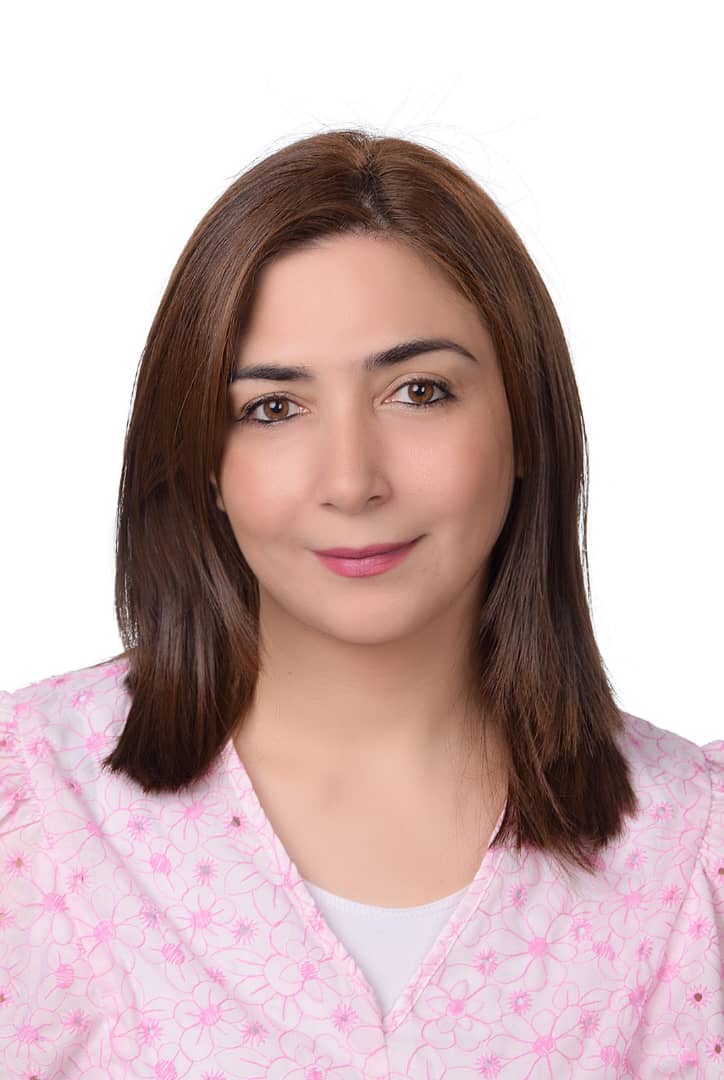البوسنة ورواندا: إبادة مباشرة وإبادة دون صور(1)
في الخامس من شهر أغسطس/آب 1992، وبعد أشهر قليلة من اندلاع الحرب في البوسنة، تمكنت مجموعة من الصحفيين الأجانب مكونة من مراسل الغارديان، إيد فوليامي (Ed Vulliamy) وفريق من تلفزيون ITN البريطاني، بينهم الصحفية بيني مارشال (Penny Marshall) وزميلها أيان وليامز (Ian Williams) من الدخول إلى معسكر "أومارسكا" (Omarska) (2) سيئ الصيت قرب مدينة برييدور (Prijedor) التي شهدت إحدى أفظع المجازر في الحرب البوسنية.
بعد يومين، تصدر عنوان "عار معسكر أومارسكا" صفحات صحيفة "الغارديان" (3) ، وأجرى فوليامي -كما يقول (4)- 54 مقابلة تلفزيونية وإذاعية في اليوم الذي تلا الكشف عن معسكر التعذيب.
ومن العاصمة المحاصرة سراييفو، أثارت كريستيان أمانبور (Christiane Amanpour) جدلا واسعا في 3 مايو/ أيار 1994، حينما أجرت مداخلة عبر الفيديو اتهمت فيها الرئيس الأمريكي السابق بيل كلينتون بـ "الافتقار إلى الخطة" و"التذبذب المستمر" في تعامله مع الوضع المتطور بالبوسنة، ليُصدم كلينتون محاولا الدفاع عن سياسته دون جدوى (5) حتى إن "جزار البوسنة" راتكو ملاديتش لم يخفِ غضبه من تقارير أمانبور حينما قابلته وجها لوجه في شهر يوليو/تموز من عام 1993(6).
لاحقا، بعد توقّف الحرب إثر توقيع اتفاقية "دايتون" عام 1995 وتقسيم البوسنة إلى فيدراليتين(7) ومقاطعة صغيرة (8)، وافق عدد من الصحفيين على الإدلاء بشهاداتهم في محكمة يوغوسلافيا السابقة. كان في مقدمتهم فوليامي الذي يتذكر تلك اللحظات قائلا: "تخليتُ عن أي ادعاء بالحياد وذهبت إلى لاهاي. أعطيتُ النيابة في قضية تاديتش(9) كل دفاتري وأخبرتهم بكل ما أعرفه"(10).
وهكذا أصبح إيد فوليامي أول صحفي يدلي بشهادته في محكمة مختصة بجرائم حرب دولية منذ محاكمات "نورنبرغ" التي تلت الحرب العالمية الثانية.
الإشادة بدور الصحفيين الأجانب لا يقضي بعدم وقوع عدد منهم بأخطاء وتبسيطات اختزالية من قبيل القول إن ما كان يجري في البوسنة ما هو إلا صراع إثني وحضاري عمره مئات السنوات أو أنها حرب أهلية، فضلًا عن تساهل صحفيين في إتاحة المجال لمتورطين في الإبادة للظهور وممارسة التحريض.
في رواندا، جرت الإبادة الجماعية خلال 100 يوم بينما كانت حرب البوسنة ما تزال قائمة لكن على عكس التغطية الإعلامية المكثفة نسبيًا للبوسنة لم تحظ رواندا باهتمام كبير من قبل الصحافة الأجنبية.
ثمة قضايا أخرى تصدرت وسائل الإعلام الأمريكية في تلك الفترة، مثل محاكمة لاعب كرة القدم الأمريكية، أو جيه سيمبسون، وفضيحة اعتداء المتزلجة تونيا هاردينغ على بطلة التزلج نانسي كاريغان قبل أسابيع من انطلاق الألعاب الأولمبية، وانتخاب نيلسون مانديلا رئيسا لجنوب أفريقيا، عدا عن مجريات الأحداث الدائرة في البوسنة.
صحيح أن الصور الفظيعة لجثث الضحايا المتعفنة في العاصمة كيغالي ملأت وسائل الإعلام لاحقا، لكن صور عمليات القتل نفسها معدومة تقريبا. لم يوثق سوى فيديو من دقيقتين فقط، سُمي لاحقا بـ "فيديو الإبادة"(11)(12)، للصحفي البريطاني، نك هيوز (Nick Hughes)، عمليات القتل في 11 أبريل/ نيسان 1994، أي بعد 5 أيام من إسقاط طائرة الرئيس الرواندي السابق جوفينال هابياريمانا وبدء عمليات الإبادة.
يقول الصحفي الكندي، ألان ثومسون (Allan Thompson)، محرر كتاب "الإعلام والإبادة الجماعية في رواندا" (The Media and the Rwanda Genocide)، إنه بالاستناد إلى معظم الروايات، لم يكن هناك سوى صحفيَيْن أجنبيَيْن في رواندا في 6 أبريل/ نيسان 1994، عندما أُسقطت طائرة "هابياريمانا"، هما: كاترين فان دير شوت (Katrin van der Schoot)، وهي مراسلة مستقلة تعمل في الإذاعة البلجيكية، وليندسي هيلسوم (Lindsey Hilsum) التي كانت مراسلة مستقلة تعمل مع الـبي بي سي والغارديان والأوبزيرفير(13).
في فترة لاحقة، دخل صحفيون آخرون إلى رواندا من بوروندي، لكن عدد الصحفيين الأجانب لم يتجاوز الـ 15 طوال شهر أبريل/نيسان(14)، أي في ذروة عمليات الإبادة الجماعية.
وخلال الأسابيع الأولى من الإبادة لم تكن هناك أي تغطيات مباشرة من رواندا؛ نظرا لخطورة إرسال أجهزة البث باهظة الثمن، ولم تنقل الصورة مباشرة من رواندا سوى في أواخر مايو/ أيار (15).
لا يتوانى قائد بعثة الأمم المتحدة لمساعدة رواندا، روميو داليير (Roméo Dallaire)، باتهام الصحفيين الأجانب بالتقصير في إيصال ما يجري على أرض رواندا لما كان قد يشكل ذلك من تحرك سريع من صناع القرار. ويعترف: "فشلت وسائل الإعلام، كغيرها في رواندا، وفشلت قوى العالم، وفشلنا نحن كأفراد.
رافق غياب الصحفيين عن ميدان الجريمة جهل بحقيقة ما يجري وتفسير لعمليات القتل بشكل مبسط وسطحي بوصفها "صراعا قبليا" أو "صراعا في عمق أفريقيا" أو "وسط اللامكان" بل إن إحدى المؤسسات الإعلامية الدولية وظفت عضوا في الحركة الرواندية المتطرفة مراسلا محليا، ما أدى إلى بث معلومات كاذبة، قبل أن يتدخل مراسل بي بي سي، مارك دويل (Mark Doyle)، الذي ذهب إلى رواندا، ليضع الأمور على مسارها الصحيح (16).
لا يتردد قائد بعثة الأمم المتحدة لمساعدة رواندا، روميو داليير (Roméo Dallaire)، في اتهام وسائل الإعلام المحلية والدولية في الضلوع بالإبادة الجماعية في رواندا (17). ولطالما ردد أنه كان بإمكانه إيقاف الإبادة لو توفرت بين يديه قوة من خمسة آلاف عنصر (18)، ولذلك فإنه لا يتوانى عن اتهام الصحفيين الأجانب بالتقصير في إيصال ما يجري على أرض رواندا لما كان قد يشكل ذلك من تحرك سريع من صناع القرار. ويعترف: "فشلت وسائل الإعلام، كغيرها في رواندا، وفشلت قوى العالم، وفشلنا نحن كأفراد"(19).
ولم تتدخل الأمم المتحدة إلا بعد إبادة ما بين 800 ألف ومليون إنسان في رواندا، من خلال "عملية تركواز" بقيادة الجيش الفرنسي، فهل كان دخول الصحفيين الأجانب مبكرا ليعلو على صوت راديو RTLM وكتابات جريدة Kangura اللذيْن شكلا منبر الإبادة الجماعية؟ هل كان دخول الصحفيين ليساهم في وقف "الإبادة التي كان من الممكن منعها" (The Preventable Genocide) كما توصف؟ وإلى أي مدى كان تقصير الصحفيين الأجانب عاملا مؤخرا للتدخل الدولي؟ قد نجد بعض الأجوبة من البوسنة نفسها.
فمنذ عام 1992، نجح عدد من الصحفيين في الكشف عن معسكرات التعذيب في البوسنة، إلا أن الجرائم ظلت مستمرة حتى أواخر عام 1995، أي بعد ثلاث سنوات من الجرائم المتواصلة. لم تردع التغطيات اليومية مرتكبي الجرائم الذين تقوقعوا داخل غرف صدى التي لا يتردد فيها سوى سرديات منظري الإبادة وصوت الأيديولوجيا المتطرفة، كما غابت الإرادة السياسية للمجتمع الدولي لوقف تلك الجريمة رغم التغطية الصحفية المهنية.
منذ عام 1992، نجح عدد من الصحفيين في الكشف عن معسكرات التعذيب في البوسنة، إلا أن الجرائم ظلت مستمرة حتى أواخر عام 1995، أي بعد ثلاث سنوات من الجرائم المتواصلة. لم تردع التغطيات اليومية مرتكبي الجرائم الذين تقوقعوا داخل غرف صدى التي لا يتردد فيها سوى سرديات منظري الإبادة وصوت الأيديولوجيا المتطرفة، كما غابت الإرادة السياسية للمجتمع الدولي لوقف تلك الجريمة رغم التغطية الصحفية المهنية.
غزة: هل كان دخول الصحفيين الأجانب فارقا؟
في مقابلة مع برنامج جون ستيوارت (Jon Stewart) الشهير The Daily Show، قللت "أمانبور" من مصداقية الصحفيين المحليين، قائلة: "مشكلتنا الرئيسية في تغطية إسرائيل وغزة حاليا.. هي أننا لا نستطيع الوصول إلى هناك. هذا وضع غير مسبوق. الصحفيون ليسوا على الأرض في غزة" ليبادر ستيوارت على الفور إلى مقاطعتها قائلا: "حسنا، هناك صحفيون على الأرض... لكنهم يُقتلون هناك".
لم تجد أمانبور حينها بدا من الإقرار بذلك مع التقليل من دور الصحفيين المحليين: “أنت محق.. لكنني أتحدث عن الصحفيين الغربيين المستقلين الذين لا يستطيعون الوصول إلى هناك أو إلى أي شخص آخر، باستثناء أولئك الذين يخاطرون بحياتهم كل يوم... نذهب إلى هناك لنكون عيون وآذان كل من لا يستطيع الذهاب، ومن ليس محليا"(20).
إذا أردنا أن نجمل دور الصحفيين الأجانب في البوسنة، فإنه يمكن تأطيره في ثلاثة سياقات مترابطة:
- الأول: الكشف عن معسكرات التعذيب التي أقامها الصرب.
- الثاني: الضغط على صناع القرار لوقف الإبادة.
- الثالث: الإدلاء بالشهادات أمام "المحكمة الجنائية الدولية ليوغوسلافيا السابقة"، التي أنشأتها الأمم المتحدة للتحقيق في جرائم الحرب التي أعقبت تفكك يوغوسلافيا.
يكشف لنا تاريخ التغطية الصحفية للإبادة وجرائم التطهير العرقي في البوسنة ورواندا أن ثمة مبالغة مزمنة ذات طبيعة عنصرية في تقدير "أثر" الصحفي الأجنبي، وهي مبالغة يمكن تعقب أصلها في تلك الصورة السائدة عن "التفوق المهني" للصحافة الغربية على مثيلاتها في السياقات المحلية، وهو تفوق متخيل أسهمت الحرب الجارية على غزة في تفكيكه وزعزعته.
أما في رواندا، انتبه الصحفيون بشكل متأخر إلى المجازر ، ولم يكن التدخل سوى رد فعل على المجازر، إذ دخلوا بعد انتشار تفاصيل عن أخبار الإبادة على لسان الروانديين الفارين إلى الدول المجاورة. كما لا يمكن إغفال حقيقة أن "فيديو الإبادة" الوحيد كان قد التقطه صحفي بريطاني من مبنى تابع لإحدى القوات الدولية.
ولو أسقطنا تلك الأدوار على الواقع في قطاع غزة، يمكن القول إن الصحفيين المحليين، والنشطاء على مواقع التواصل الاجتماعي، يتمثلونها جميعا، فهم يوثقون وقائع الإبادة بشكل يومي منذ أكثر من سنة ونصف، وكشفوا عن المقابر الجماعية أو عمليات القتل والتعذيب التي يتعرض لها الفلسطينيون. أما من استطاع الخروج حاول الضغط على صناع القرار من خلال التأكيد على السردية الفلسطينية وإثبات حقائق موضوعية بشأن نطاق الإبادة التي ترتكبها إسرائيل في قطاع غزة. هذا العمل الصحفي التوثيقي، شكل مادة أساسية للملف الذي قدّم أمام محكمة العدل الدولية ومحكمة الجنايات الدولية، وهو ما قد يفتح نظريًا الباب لمحاكمة الجناة ومحاسبتهم، كما حدث في البوسنة ورواندا.
لا شك أن دخول الصحفيين الأجانب ربما سيضيف إلى عمل الصحفيين المحليين في غزة ويخفف من حجم الضغط عليهم ويحدّ من استهدافهم، لكن هل سيحدث ذلك فارقا في التغطية؟ وهل كان توصيف الإبادة بكلمات وعبارات أجنبية ليلقى تفاعلا من المجتمع الدولي غير الذي نشهده اليوم؟ وهل كانت الجريمة ستتوقف عند حدّ ما لو شارك في تغطيتها صحفيون يتبعون لمؤسسات صحفية أجنبية مؤثرة؟
يكشف لنا تاريخ التغطية الصحفية للإبادة وجرائم التطهير العرقي في البوسنة ورواندا أن ثمة مبالغة مزمنة ذات طبيعة عنصرية في تقدير "أثر" الصحفي الأجنبي، وهي مبالغة يمكن تعقب أصلها في تلك الصورة السائدة عن "التفوق المهني" للصحافة الغربية على مثيلاتها في السياقات المحلية، وهو تفوق متخيل أسهمت الحرب الجارية على غزة في تفكيكه وزعزعته.
فاستمرار الإبادة في قطاع غزّة، رغم التغطية الإعلامية المكثفة والمباشرة وغير المسبوقة في تنوّعها وفي سرعة وصولها بفضل منصات التواصل الاجتماعي، تكشف بوضوح أنّ السؤال الأساسي الذي ينبغي طرحه والتركيز عليه لا يتعلق بهوية الصحافة، محلية كانت أو أجنبية، بل في طبيعة النظام العالمي نفسه الذي أثبت مرارا قدرته على التعايش مع جرائم القتل العام والتغاضي عن الإبادة، بل مواصلة دعمها، وبأقصى ما تتيحه حسابات المصالح وعلاقات القوة.
المراجع
-
كان هذا عنوانا لمقال كتبه الصحفي الفرنسي، إدغار روسكيس، في صحيفة "لوموند ديبلوماتيك" مطلع شهر أكتوبر 1994 حول فرار غالبية الصحفيين الأجانب مع بداية الإبادة الجماعية في رواندا:
https://genocidearchiverwanda.org.rw/Un_g%C3%A9nocide_sans_images_Blancs_filment_Noirs
-
للمزيد عن فظائع هذا المعسكر يمكن مشاهدة وثائقي الجزيرة الإنجليزية: “Bosnia 1992: The Omarska Camp” على الرابط التالي:
https://youtu.be/WixrEMS9pnc?si=SZJHNzmq6qPzkViY
-
وثّق فوليامي ما شهده في البوسنة في كتاب: "Seasons in Hell" الصادر عام 1994.
-
Clinton Global Forum part 1: https://youtu.be/7hBxoxS7yVc
-
Christiane Amanpour meets Ratko Mladic - the 'Butcher of Bosnia':
https://youtu.be/G2VKpYoYuUY
-
قُسمت البوسنة وفق اتفاقية "دايتون" إلى فيدراليتين: الأولى هي فيدرالية البوسنة والهرسك وتضم أغلبيتين: بوشناقية مسلمة وكرواتية كاثوليكية، والثانية جمهورية صربسكا التي تضم غالبية صربية أرثوذكسية.
-
بقيت مقاطعة "برتشكو" منفصلة عن كل من فيدرالية البوسنة والهرسك وجمهورية صربسكا. كان الهدف من إبقائها حيادية منع اتصال أراضي الفيدرالية الصربية وبالتالي جعلها عائقا أمام أي محاولات انفصالية في المستقبل.
-
دوشكو تاديتش، سياسي من صرب البوسنة. كان أوّل متهم من قبل محكمة يوغوسلافيا السابقة عن جرائم حرب ارتكبها في معسكر "أومارسكا".
-
Ed Vulliamy, Neutrality and the Absence of Reckoning: A Journalist's Account, Journal of International Affairs, Spring 1999, 52, no. 2, p: 604.
-
يمكن مشاهدة الفيديو على الرابط التالي (قد يحتوي مشاهد مؤذية للبعض): https://vimeo.com/126760724
-
Jacques Morel, The genocide video shot by Nick Hughes on April 11, 1994, September 14, 2023:
https://francegenocidetutsi.org/NickHughesEn.pdf
-
Allan Thompson (editor), The Media and the Rwanda Genocide, Pluto Press, 2007, p: 5.
-
المصدر نفسه.
-
المصدر نفسه.
-
Roméo Dallaire, The Media Dichotomy, in The Media and the Rwanda Genocide, edited by Allan Thompson , Pluto Press, 2007, p: 14.
-
المصدر السابق، ص: 12.
-
Thompson، مصدر سابق، ص: 4.
-
Dallaire ، مصدر سابق، ص: 14.
-
Christiane Amanpour - “The Amanpour Hour” and Covering War in Gaza | The Daily Show:
https://youtu.be/d7JvuQPFG7E?t=93
